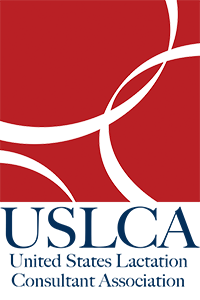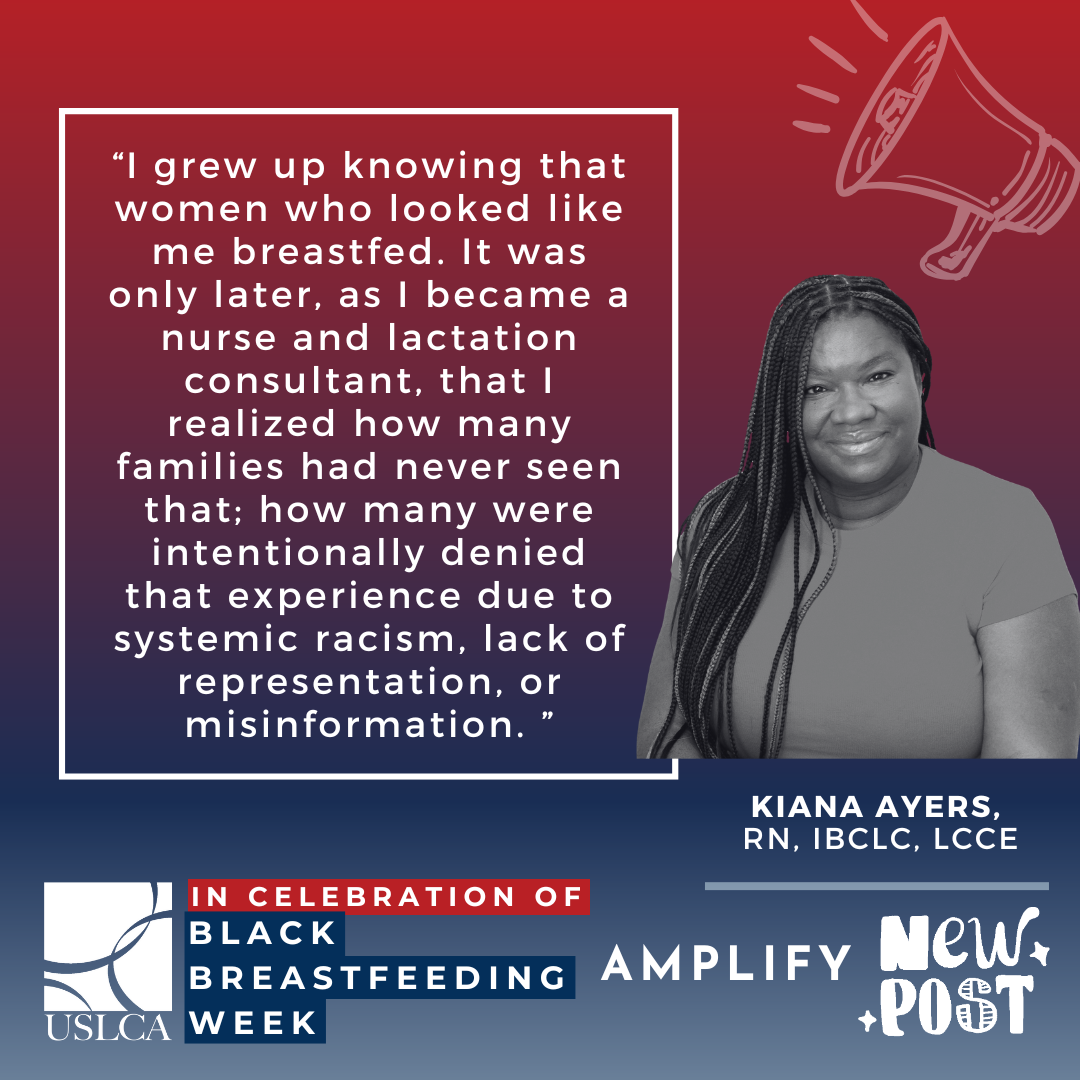Dear Colleagues,
Almost a year ago I shared with you USLCA’s affirmation of our continued commitment to inclusivity, especially the use of inclusive language where and when possible. On a personal note, some of the responses we’ve received have been incredibly eloquent and emotional, and a true reminder that our words matter. Language has immense power.
Now almost a year later, we find ourselves facing the same issues cloaked in different fear-mongering language. A new article discussing the alleged harm of “desexing” language is making the rounds. While the evidence for this alleged harm is sorely lacking, the harm being done to the LGBTQIA+ population is indisputable and abundant. The Anti-Defamation League, Human Rights Council, and many other organizations have detailed statistics that clearly lay out the very real risks and actual harm being done daily.
The new arguments focus on the harm inclusive language has on medical accuracy. Last fall, I was fortunate to discuss this with one of our Amplify! authors, who helped me understand that utilizing sexed language when citing research is not a statement against inclusive language, but rather, is a matter of accuracy. This is because of the limitations of current research methods and study design, something I was able to easily understand when I reflected on my own experience. A study that I conducted years ago had this very flaw. This doesn’t mean that my research cannot be generalized or applied to a wider audience, but when quoting or citing from the research inclusive language is not accurate. I accepted at face value that all of my participants were women and published a study referencing a 100% female population. Without asking for more detailed information (e.g. personal gender expression), this should have been, at a minimum, listed as a limitation to the study.
We need to raise our standards and deepen our understanding of identity and the power of words. When we design and report on research, we must be clear and accurate – which sometimes means using sexed language if that is what was used during data collection. We must clearly identify limitations in studies, including assumptions of identity, and continue to push for improved research design.
Change is hard and slow, and intensely personal to those on any side of a given issue. However, USLCA reaffirms and further clarifies:
- Personal preference on language reigns. Preferred names, pronouns, gender identity and expression are important and honored.
- We will use inclusive language when and wherever possible. This includes following already established guidelines on inclusive language and evolving and updating as necessary. We acknowledge that these changes will happen and welcome the opportunity to reflect these changes as an organization dedicated to supporting and serving all of our communities.
- Our commitment to clear and plain language when inclusive language is unable to be used, e.g., when citing specific research that did not use inclusive language, as well as highlighting these limitations where and when possible.
As always, USLCA remains firm to our original position on Diversity, Equity, and Inclusion. “USLCA is committed to this important work as we embrace the differences among our members, our profession, and those we care for. It is a transformative and ongoing process that requires continual evaluation, development, and enhancement with input and feedback from a wide representation of individuals.”
With respect and gratitude,
Michelle L. Stulberger, MHA, IBCLC
USLCA Board President



